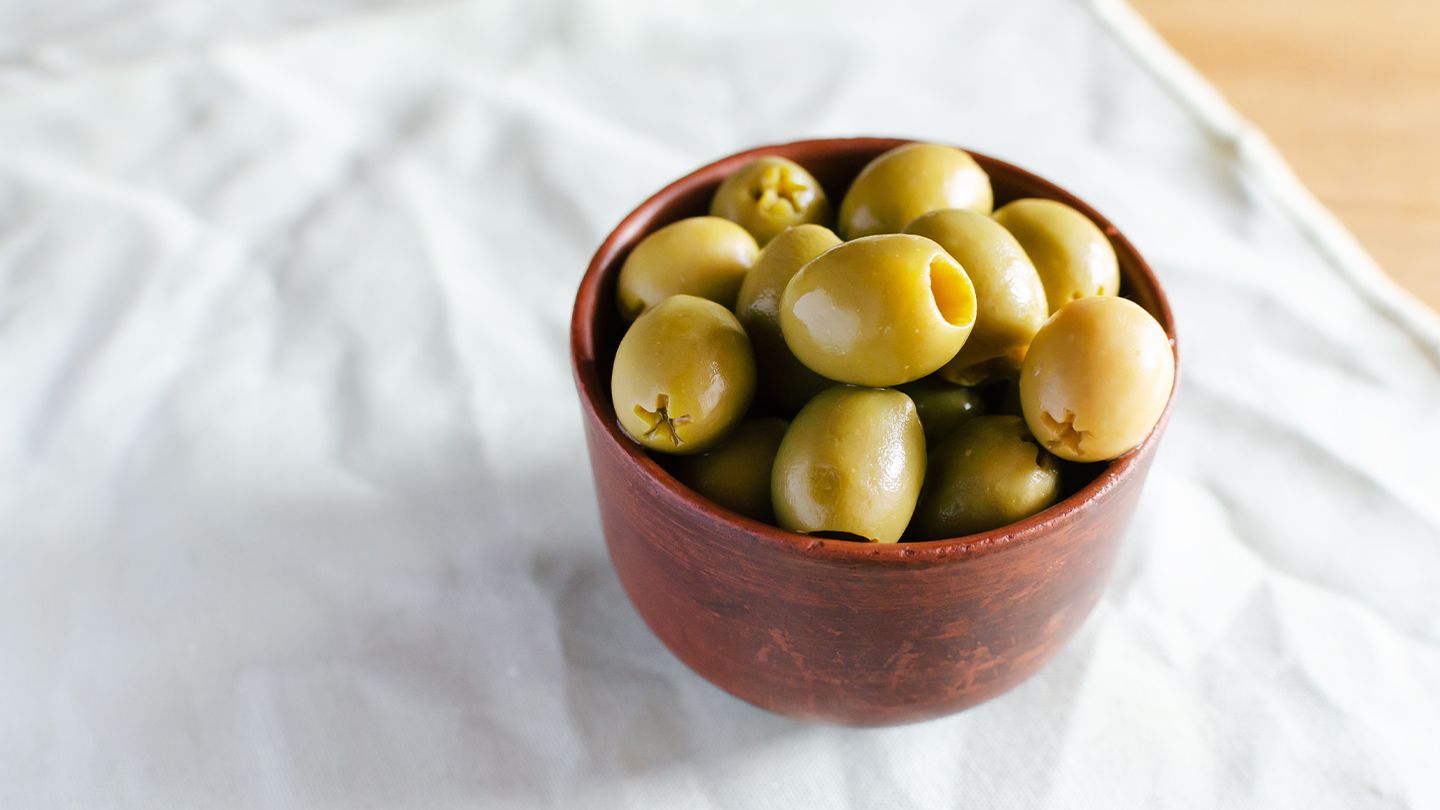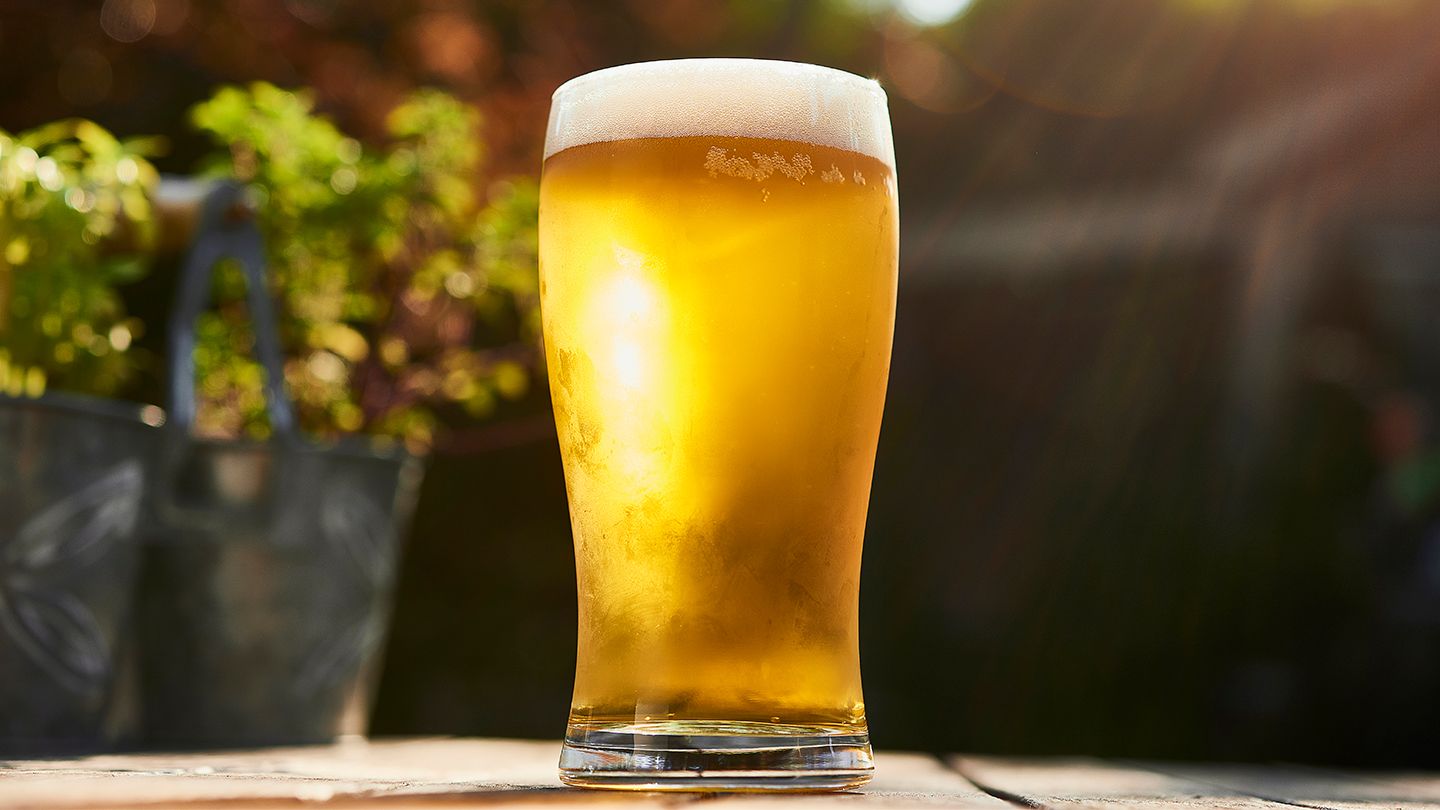The Carbohydrate Content of Corn on the Cob
Corn on the cob is a popular summer vegetable enjoyed across America. Its sweet taste and juicy kernels make it a backyard barbecue staple. However, many dieters wonder how many carbs in corn on the cob there are and if it fits into low-carb diets like the ketogenic diet.
The Basics of Corn Nutrition
Corn is a starchy vegetable that is high in carbs compared to non-starchy veggies like leafy greens, tomatoes, etc. A typical ear of corn has around 15-30 grams of net carbs depending on the size.
Here is the carb count in 100 grams of corn kernels:
- Total carbohydrates: 19g
- Fiber: 2g
- Net carbs: 17g
As you can see the majority of corn's carbs come from starch and sugar rather than fiber. For this reason, corn is not considered a low-carb food.
Net Carbs in Corn on the Cob
Many people assume corn on the cob has more carbs than loose corn kernels. However, much of the cob is inedible so they are very comparable.
Here are the net carbs in a large ear of corn on the cob measuring 8 inches long by 2 inches wide:
- Grams per 1 ear corn on the cob: 167g
- Total carbohydrates: 32g
- Fiber: 4g
- Net carbs: 28g
As you can see, a typical ear of grilled corn has about 28 grams of digestible carbs after subtracting fiber. This lines up closely with loose corn kernels when adjusted for differences in weight.
Is Corn Keto-Friendly?
The ketogenic or "keto" diet aims to get the body into ketosis, a state where it burns fat for energy instead of carbs. This requires keeping net carbs very low, usually under 50 grams per day.
Since a single ear of corn has 28 net grams of carbs, it can easily take up more than half of a day's allocation on keto. Most followers avoid eating it aside from small servings on rare occasions.
Strategies for Fitting Corn in a Keto Diet
While corn may be too high-carb to eat freely on keto, some people incorporate it judiciously using strategies like:
- Counting it into daily macros
- Saving carbs for it as a special treat
- Balancing it out with low-carb foods
- Consuming just 1-2 small bites along with a low-carb meal
Using these tactics, corn can occasionally be eaten while keeping net carbs low enough to maintain ketosis for weight loss, therapeutic, or performance goals.
Alternatives to Corn on Keto
For a crunchy, sweet vegetable side, many keto dieters opt for low-carb substitutes to corn such as:
- Cauliflower
- Green beans
- Brussels sprouts
- Asparagus
- Broccoli
- Peppers
- Celery
- Cucumber
These provide a similar satisfying experience to corn on the cob but each have under 10 grams net carbs per serving.
Does Grilling or Cooking Corn Lower its Carbs?
Many people wonder if grilling or cooking corn reduces the total carbohydrate content. However, the cooking method has little effect on the grams of carbs per ear.
While boiling, grilling, steaming etc. may alter the texture and flavor, the starch and sugar composition itself remains unchanged. So how many carbs in corn on the cob stays roughly the same regardless of preparation.
Can Removing Corn Silk and Kernels Lower Carbs?
Additionally, removing parts of the ear like the silk, hulls, or some kernels can only reduce carbs a tiny amount. The majority are contained within the central yellow kernels people enjoy eating.
Trimming off visible corn silk or very tip kernels might save 1-3 grams of carbs but it will still have over 25 net carbs per ear.
Health Benefits of Corn
While corn may be high in carbs, it offers some valuable nutrition including:- Antioxidants like lutein and zeaxanthin
- Fiber
- Vitamins C, B6, and folate
- Beta-carotene precursor of vitamin A
- Minerals like magnesium and phosphorus
It also contains unique phytochemicals only found in corn that may help reduce inflammation. For these reasons, enjoying it occasionally can be part of an overall healthy diet.
Pick Healthier Ways to Prepare Corn
Keep corn healthy by avoiding adding butter, salt, or oil during cooking. Instead flavor it with lime juice, chili powder, or fresh herbs and spices. Grilled corn also develops more antioxidants than boiling or microwaving.
These tricks keep the carb and calories controlled while boosting nutrition.Corn Can Fit Occasionally in Low-Carb Diets
When asking "how many carbs in corn on the cob?", a typical ear contains about 28 grams net carbs. This makes corn too high to eat freely on very low carb diets.
However, enjoying an ear 1-2 times per week can work for higher carb plans like paleo. And even on keto, a few small bites can be accommodated by cutting carbs elsewhere that day.
So while corn may need some special considerations to fit into low-carb eating, with a measured approach, people don't need to cut it out fully to meet health and dietary targets.FAQs
Does grilling or cooking corn change its carb content?
No, cooking methods like grilling, boiling, microwaving etc. do not alter the total carb content in corn. The number of carbs stays the same regardless of preparation method.
Can you eat corn on keto diet?
It's challenging to fit corn into a keto diet since a typical ear of corn has 28 net grams of carbs. This takes up over half the daily amount allowed. But with careful planning, small servings can occasionally be accommodated.
What's the difference in carbs between corn on the cob vs kernels?
There is little difference in net carbs between equal weights of kernels cut off the cob versus corn on the cob. Much of the cob is inedible anyway. When accounting for edible portion, the carb counts are very similar.
What are some low carb alternatives to corn?
Some popular low-carb stand-ins for corn include cauliflower, green beans, brussels sprouts, asparagus, broccoli, peppers, celery, and cucumbers. These all have under 10 net carbs per serving.
Disclaimer: This article is for informational purposes only and does not constitute medical advice. Always consult with a healthcare professional before starting any new treatment regimen.
Related Coverage
Enjoy the many health perks of olive green snacks and produce like spinach, kale, avocados, green beans, and artichokes. Learn simple tips to add more antioxidant-rich greens....
Craft an everyday ketogenic kitchen with the ultimate keto staples, essential tools and appliances, easy low-carb breakfasts, lunches, dinners, snacks and sample weekly meal plan ideas....
Atkins shakes can fit into keto diets in moderation. Learn how to incorporate them alongside nutritious keto foods, watch for excess protein, and supplement with healthy fats....
Does trazodone cause tardive dyskinesia? Learn about the rare risk, symptoms, diagnosis, and ways to manage abnormal mouth and face movements that arise from medication....
Keto non-alcoholic beer is a guilt-free, low-carb option for those following the ketogenic diet. Discover the benefits, varieties, and how to incorporate it into your keto lifestyle....
Learn which cheeses are keto-friendly and which to limit. Discover the best options like cheddar, Parmesan, and mozzarella plus cheese recipes for the ketogenic diet....
Wondering if honey in tea will break your intermittent fasting results? Find out how even small amounts of honey can inhibit fat burning, ketosis, and autophagy during a fast....
Discover if banana peppers are safe to eat during pregnancy, their nutritional benefits, potential risks, and practical tips for incorporating them into your diet....
Learn how the Atkins and ketogenic diets compare in terms of phases, carbs, weight loss results, health impacts, sustainability, and which diet may be best for you....
Discover the best low sugar, low carb yogurt options whether you eat keto, paleo, or simply want healthier yogurts. Includes top low carb brands, label reading tips, recipes, and health advice....









